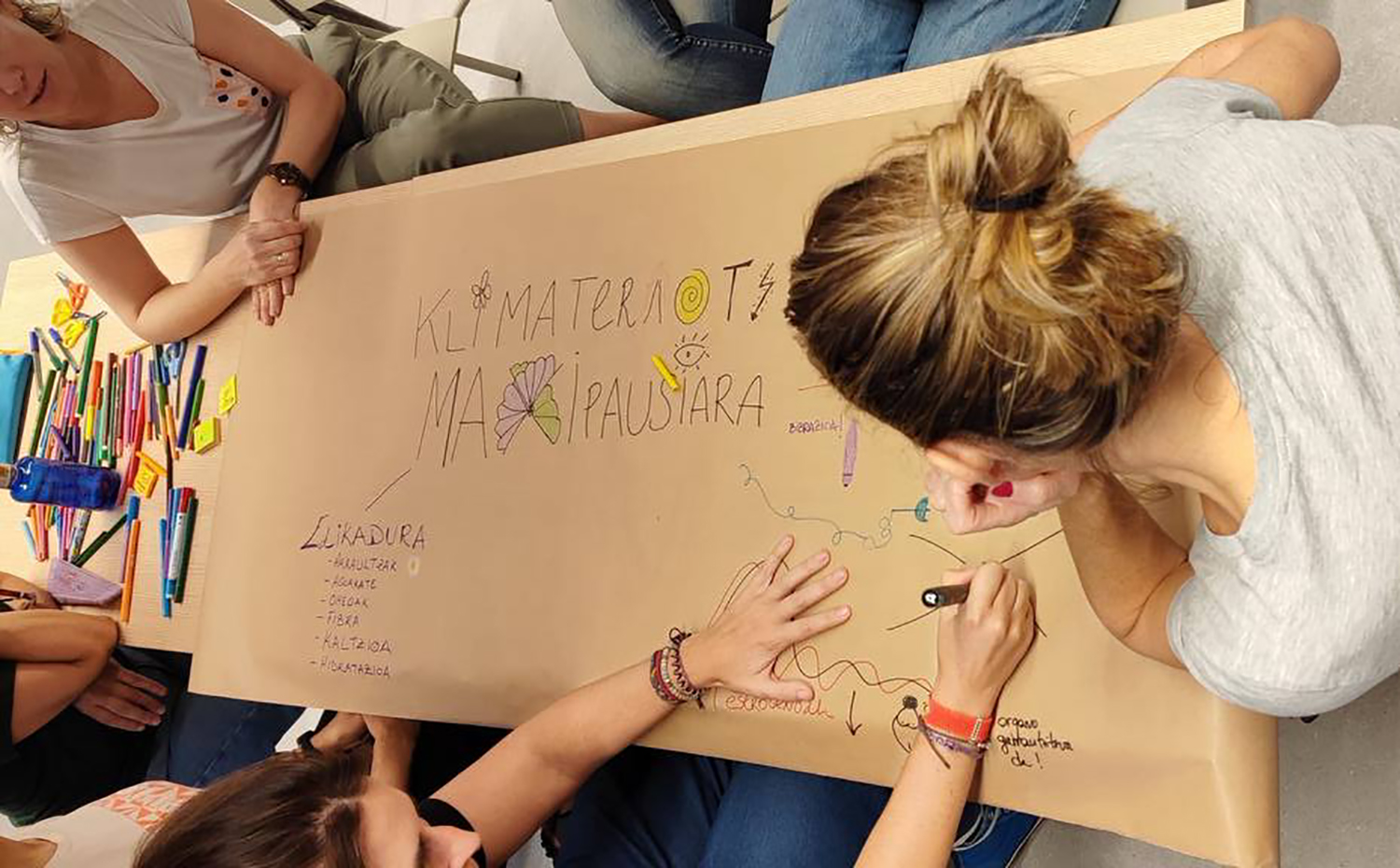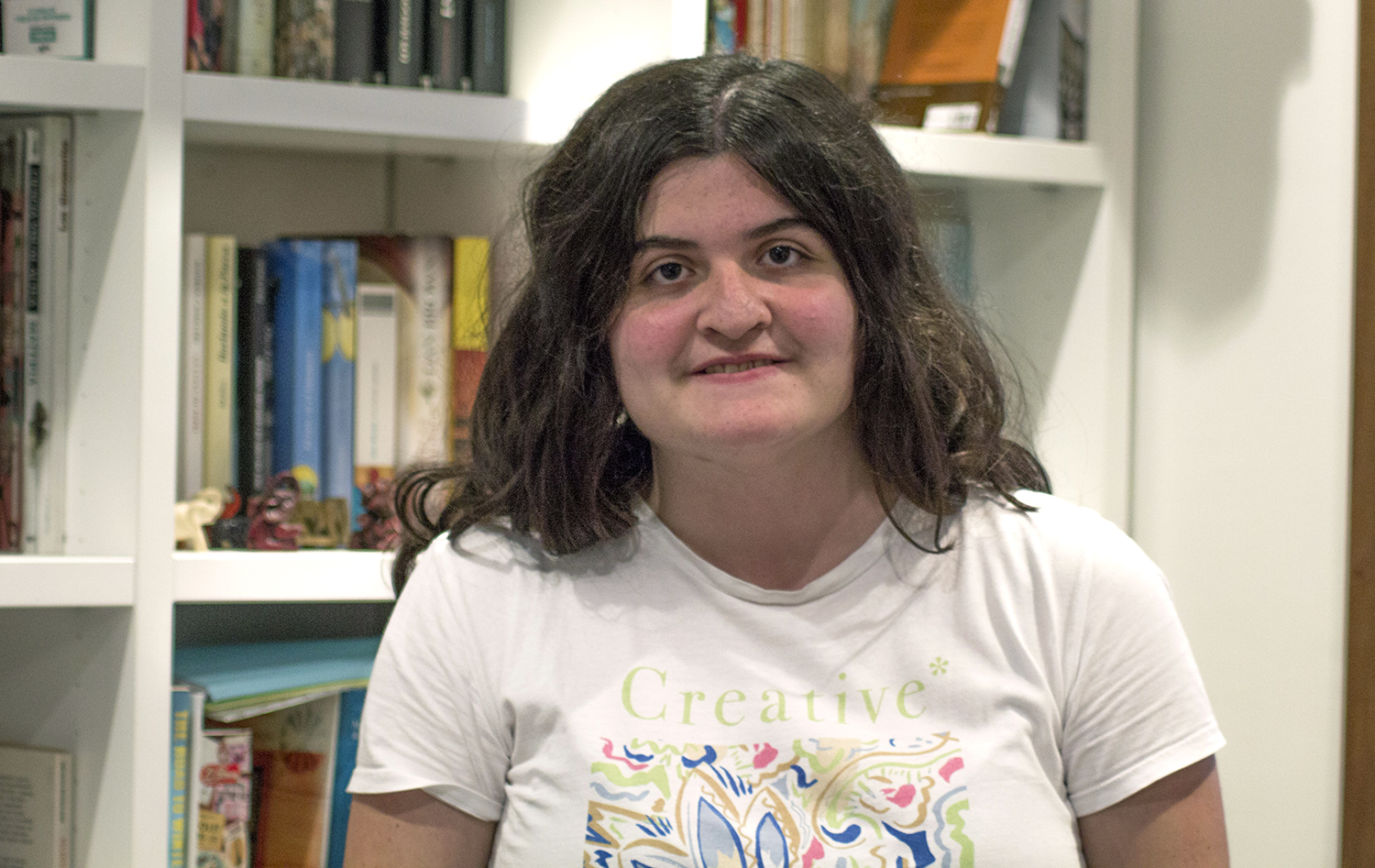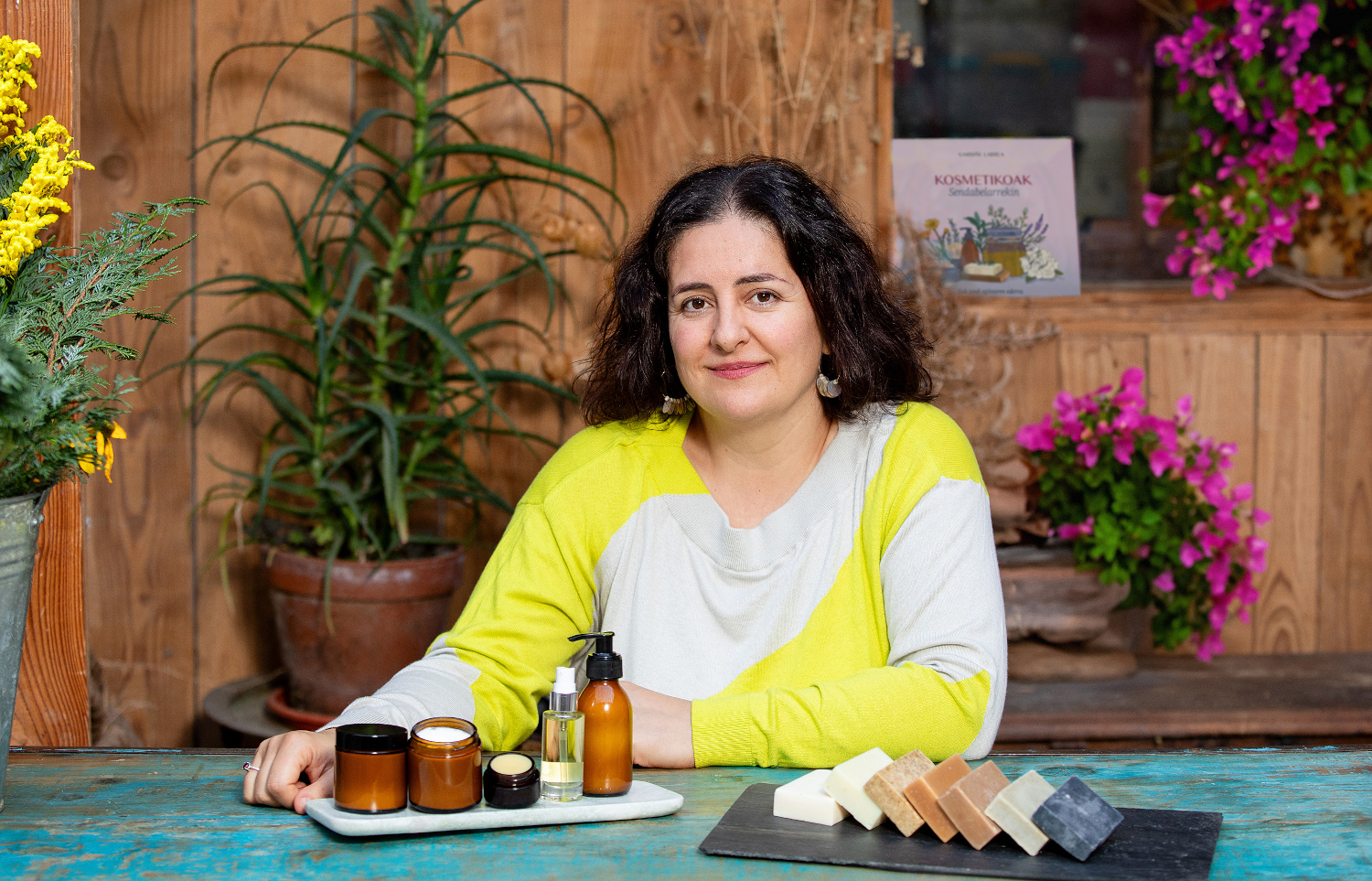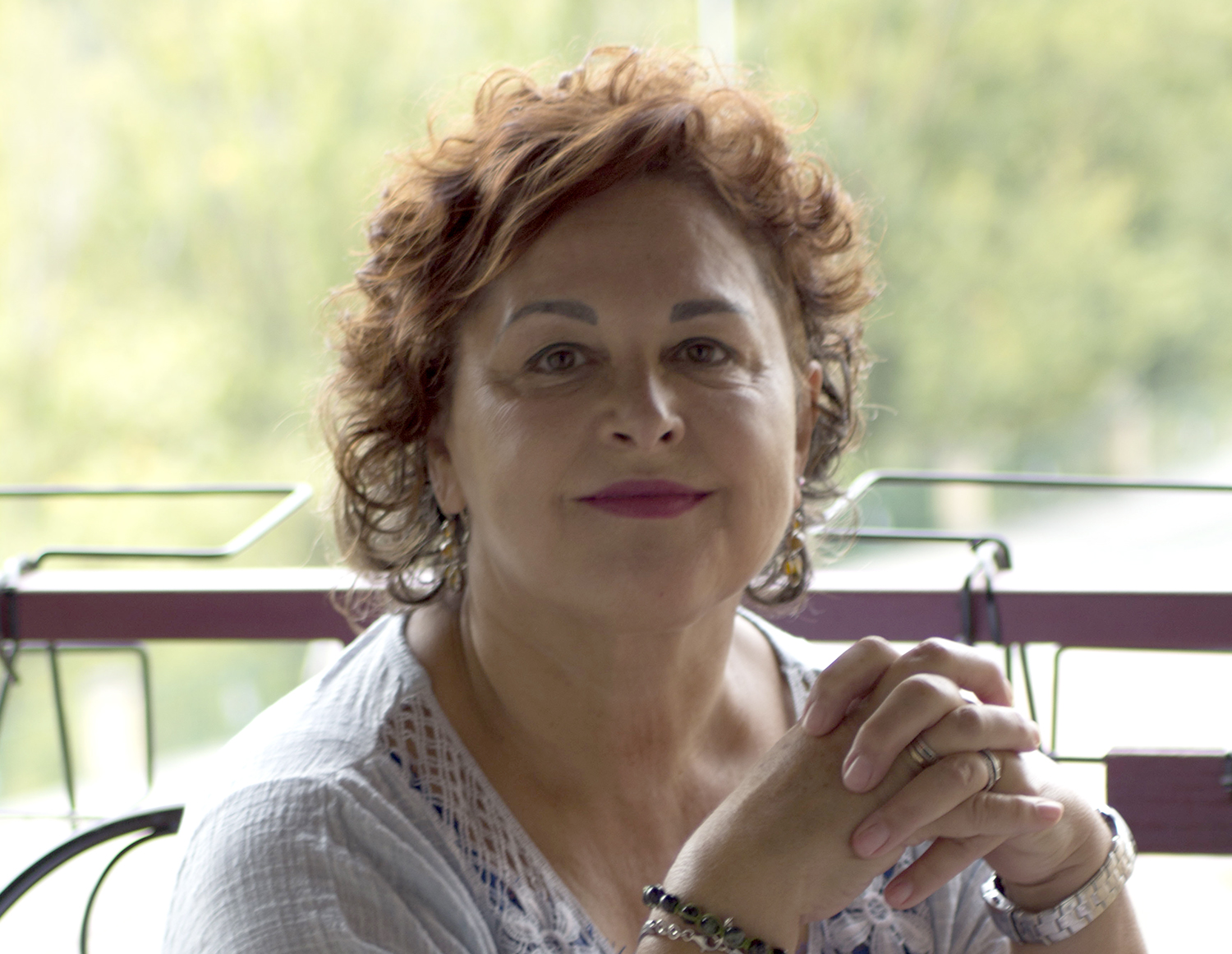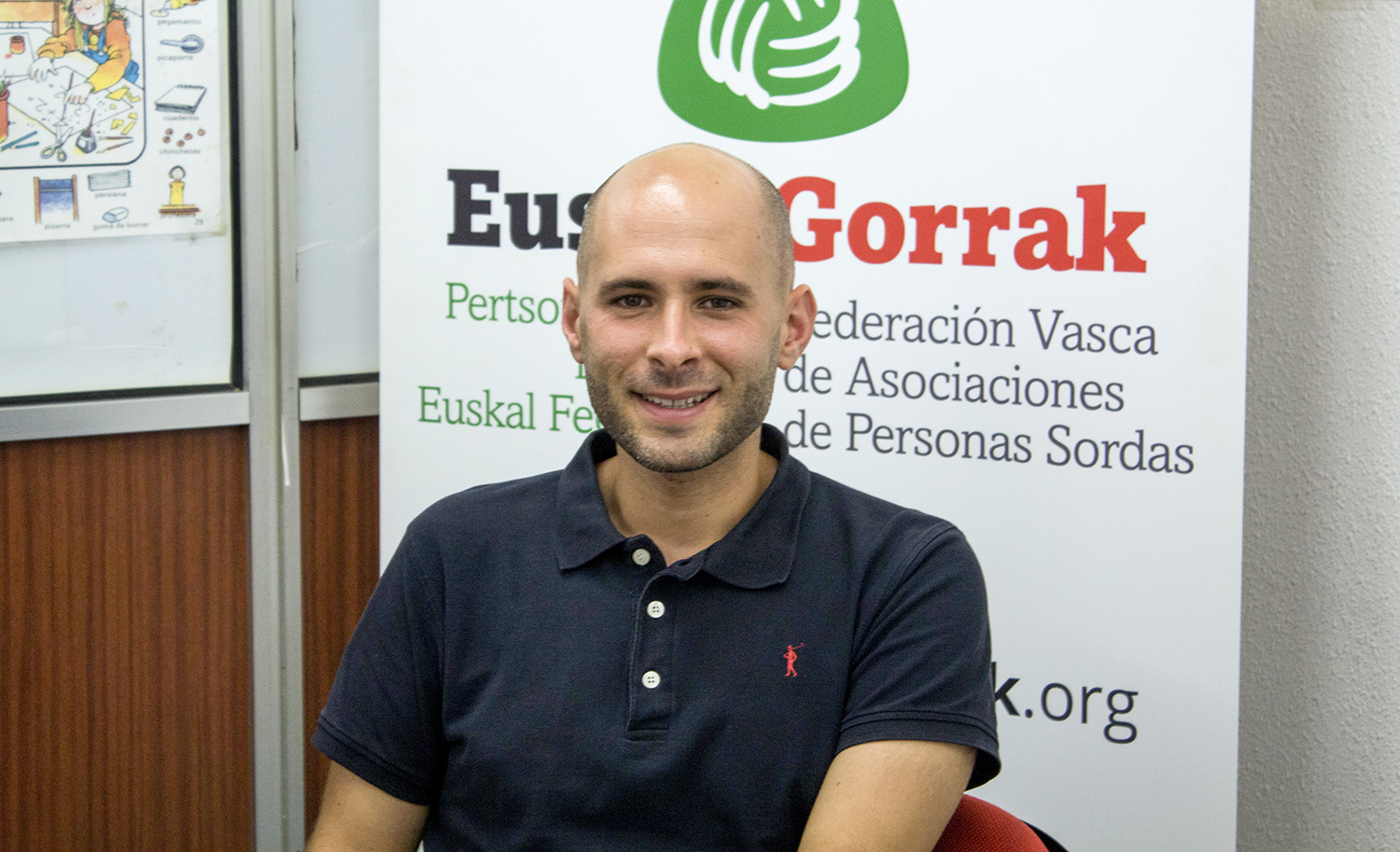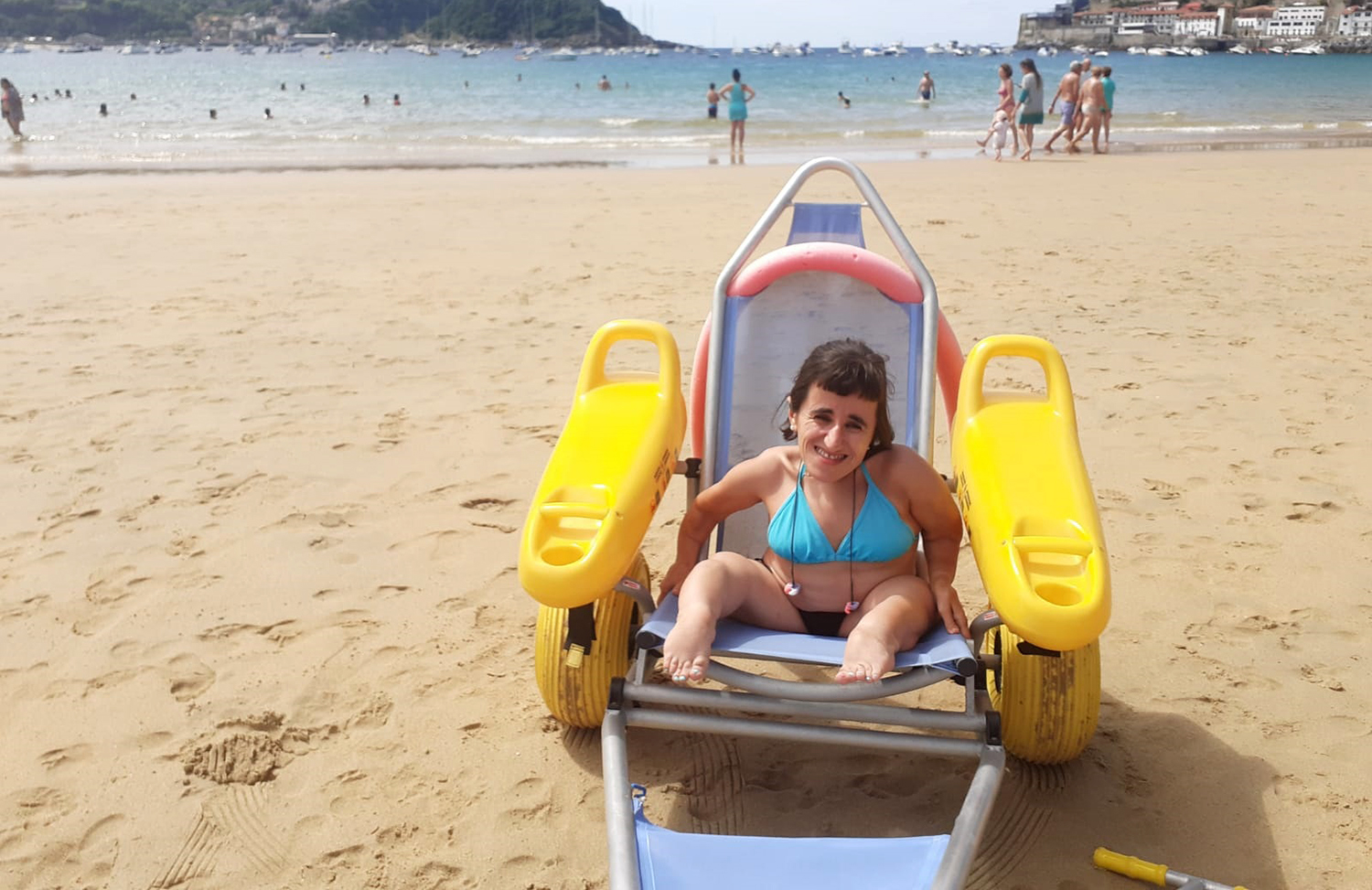"They sell us as a symbol of hygiene I dirty it inside"
- Routine leads us to act as usual, without questioning why and how we live. We have also become accustomed to taking the steps we need to take when menstruation drops. What do we get into the vagina? What's hidden?
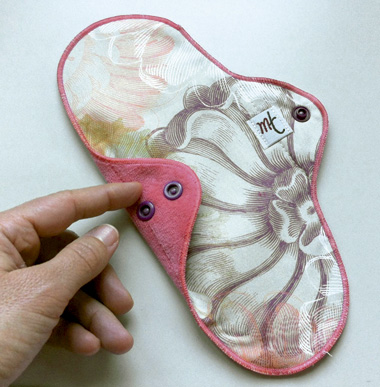
The women we have menstruation use tampons and compresses. Society, religion, business and the media represent the white and the transparent, or the blue, ultimately the blood, denaturalizing the process that every woman lives, as a shameful thing that must be carried in silence. In fact, these products contain components harmful to nature and health.
Chemicals, including dioxin, which contains chlorine, are used for the bleaching of tampons and compresses. The function of tampons is to absorb everything in the vagina, not just blood. They also absorb PH and vaginal discharge that protect us from infections such as candidiasis infection, so widespread in women. They are single-use and cannot be recycled. To give one thing: an average of 3,000 million tampons and compresses are used and disposed of each year in the Spanish State.
However, there are alternatives for those who want to choose: For example, the menstrual cup (known as Mooncup) and reusable compresses. The Donostian artisan Garbiñe Tolosa began to make reusable compresses concerned about the subject and its body: “When I was a mother, I started producing pardeles. We didn't want to create trash, we cared about the child's health, we wanted the products that touched their skin to be organic and natural. When I started being monthly, I took the same step, because there was no such offer in the area.”
So, Tolosa created his own brand six years ago: Maripuri Tijeritas. No one in the environment offered these kinds of products and started working to meet that need. “Once in place, you pose a different consumption: local, ecological, quality, sustainable, healthy, biodegradable...”, he says. These compresses have organic cotton indoors and breathable, waterproof fabrics outdoors.
At first they seem expensive economically. A compress costs about 13 euros and would need about six each day. Tolosa says they can be used by joining the cup of the month. It would cost about EUR 85-100, but they are valid for about four years. Tampons and compresses are spent around 75 euros per year, according to Tolosa calculations.
It has broken the prejudices about hygiene and cleanliness: “In the case of reusable compresses, the smell is from the blood itself; the products containing the synthetics have a worse smell. After all, they sell us as a symbol of purity what is dirty inside.” In addition, they tell us that they are comfortable, durable and nice. “They make us masters of the process.”
Above all, the craftsman advises to act “with conscience and coherence”: “To use and throw away is very easy, but we also own our actions: clothing, food, garbage, respect, health, values. Our attitude is, ultimately, the only way not to destroy this planet, to be responsible for our path.” To this end, he stressed the need to "put an end to prejudice and own consumption". “Once you start, you’ll extend it to all areas of life.”
Istorioetan murgildu eta munduak eraikitzea gustuko du Iosune de Goñi García argazkilari, idazle eta itzultzaileak (Burlata, Nafarroa, 1993). Zaurietatik, gorputzetik eta minetik sortzen du askotan. Desgaitua eta gaixo kronikoa da, eta artea erabiltzen du... [+]
This wedge that the announcement on the radio Euskadi to replace the bathtub with a shower encourages the commencement of the works in the bathroom of the house. A simple work, a small investiture and a great change are announced. There has been a shift in toilet trends and a... [+]














